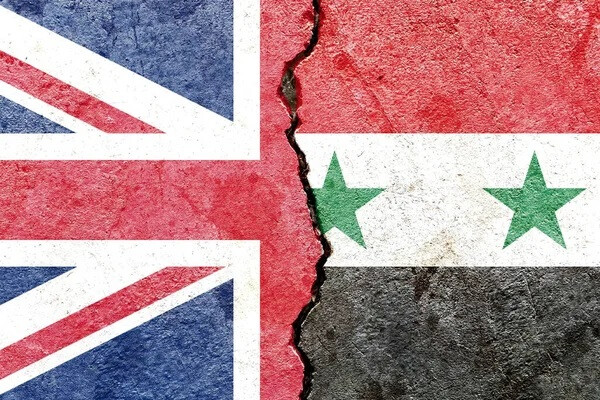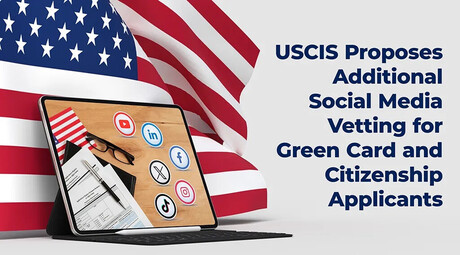
DAMASCUS, Syria – The United Kingdom has announced the restoration of diplomatic relations with Syria, a significant move after a 14-year hiatus following the outbreak of the Syrian civil war in 2011. The announcement, made on July 5 (local time), signals a shift in Western policy toward the war-torn nation, particularly in the wake of the Assad regime's collapse late last year.
British Foreign Secretary David Lammy, on a historic visit to the Syrian capital, stated, "The United Kingdom is re-establishing diplomatic relations with Syria. It is in our interest to support the new government's commitment to building a stable, safer, and prosperous future for all Syrians." Lammy's visit marks the first by a UK government minister to Syria since the 2011 civil war began, underscoring the significance of this diplomatic re-engagement.
During his visit, Lammy held meetings with Syria's interim president, Ahmed al-Shara, and Foreign Minister Assad al-Shibani. Lammy emphasized the strategic benefits of a stable Syria, noting that it would "reduce the risk of irregular migration, facilitate the destruction of chemical weapons, and aid in countering the threat of terrorism."
In a substantial commitment to Syria's recovery, the UK has pledged £94.5 million (approximately 176 billion Korean Won) in aid. This funding is designated for urgent humanitarian relief, reconstruction efforts within Syria, and humanitarian and development assistance for countries hosting Syrian refugees. This financial pledge highlights a renewed international focus on stabilizing and rebuilding Syria, recognizing the immense human and infrastructural toll of the prolonged conflict.
The restoration of diplomatic relations by the UK follows a broader trend among Western nations to normalize ties with Syria after the fall of the Bashar al-Assad regime. This shift has seen a gradual easing of sanctions and a re-engagement on the diplomatic front.
In a related development, President Donald Trump signed an executive order on June 30, officially lifting sanctions on Syria. The executive order declared the termination of the "national emergency declared in Executive Order 13338 of May 11, 2004, and the revocation of that order," which had frozen the assets of certain individuals and prohibited the export of specific goods to Syria. This action by the U.S. further underscores the changing geopolitical landscape concerning Syria and the increasing impetus for international cooperation in its reconstruction.
The Syrian civil war, which began in 2011 as part of the Arab Spring uprisings, quickly escalated into a complex and devastating conflict involving numerous domestic and international actors. The war has resulted in hundreds of thousands of deaths, displaced millions, and led to a profound humanitarian crisis. The collapse of the Assad regime, while not explicitly detailed in the initial source, marks a pivotal moment that has evidently paved the way for renewed international engagement and efforts toward a lasting peace and stability.
The move by the UK and other Western countries to re-establish ties and offer aid suggests a calculated approach to prevent a power vacuum and to support a new governmental framework that could bring an end to the protracted suffering. The focus on humanitarian aid and reconstruction indicates a recognition of the immediate needs of the Syrian populace, while the emphasis on reducing irregular migration and countering terrorism highlights broader security concerns that have resonated globally.
The re-engagement of major powers like the UK and the U.S. with Syria, even under an interim government, signifies a strategic shift from isolation to a more proactive role in the country's future. This pivot suggests an understanding that disengagement had not yielded desired outcomes and that a more direct, albeit cautious, approach is necessary to address the lingering effects of the conflict and prevent further destabilization of the region. The coming months will likely see continued diplomatic maneuvers and aid efforts as the international community navigates the complex path toward a post-conflict Syria.
[Copyright (c) Global Economic Times. All Rights Reserved.]





























